كاتب جدول حسابات ذهب كوش
-
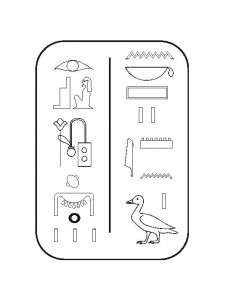
-
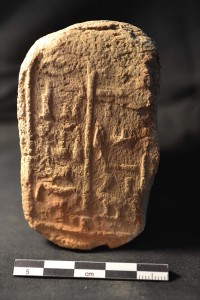
This year we found a large deposit of funerary cones, stamped with a dedication for Siamun and his mother Weren, including many of the unusual rectangular type with a larger, more legible stamp, prompting a revision of his title to “Scribe-Reckoner of the Gold of Kush.” This differs from the previous reading of “Overseer of Foreign Lands.” Stamped with the tomb owner’s name and titles, the cones were placed across the façade of a tomb and reflect Siamun’s strong Theban ties, since they appear almost exclusively at Egypt’s southern capital. Siamun’s is only the second tomb in all of Nubia to have them, the other located at the colonial capital of Aniba in Lower (Egyptian) Nubia. The new title is well known from the administration of gold production and the assembly of annual tribute in Nubia. In particular, it appears in the Tomb of Tutankhamen’s Viceroy of Kush Huy, held by an official named Harunefer, who supervises the weighing and shipment of gold for the annual Presentation Ceremony. Siamun may have played a similar role as the tribute of Kush was assembled.
عثرنا هذا العام علي مجموعة كبيرة من القطع المخروطية الجنائزية عليها أختام “الأختام الجنائزية” تخص سيامون و زوجته وورن و من ضمنها العديد من الأختام المختلفة المستطيلة الشكل و عليها أختام مقروءة بشكل أوضح تشير الي ترقيته الي منصب “كاتب جداول حسابات ذهب كوش”. وهو منصب مختلف عن منصبه المنصوص عليه سابقاً “مشرف الأراضي الأجنبية”. كتب علي هذه الأختام الجنائزية إسم صاحب المقبرة و ألقابه و وضعت علي طول واجهة المقبرة و يدل انتشار هذه الأختام بصورة خاصة تقريباً في العاصمة الجنوبية المصرية علي علاقة سيامون الوطيدة مع طيبة. و مقبرة سيامون هي الثانية التي عثر فيها علي مثل هذه الأختام الجنائزية في منطقة النوبة حيث وجد قبلها مقبرة في عاصمة مستعمرة عنيبه في النوبة السفلي المصرية. و هذا المنصب الجديد معروف في إدراة إنتاج الذهب و جباية الضرائب في النوبة. و تظهر بصورة واضحة في مقبرة نائب الملك توت عنخ أمون في كوش و يحمل هذا اللقب الإداري هارونفر الذي يشرف علي وزن و ترحيل الذهب لمراسم العطايا السنوية. و فيما يبدو أن سيامون قد لعب نفس الدور في التشكيلة الإدارية لِجباية ضرائب كوش
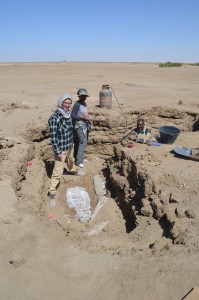
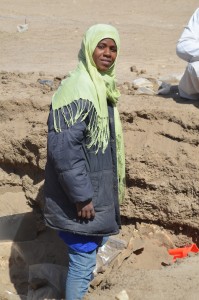



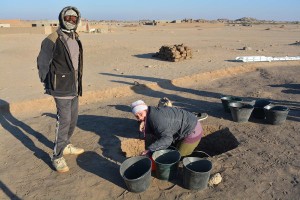
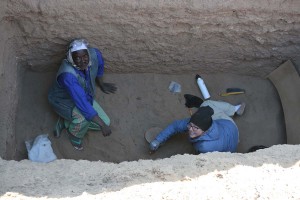
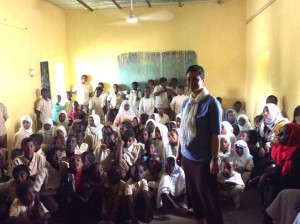
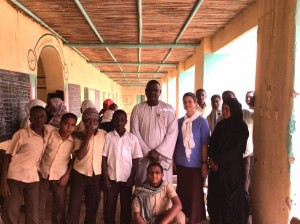




Recent Comments